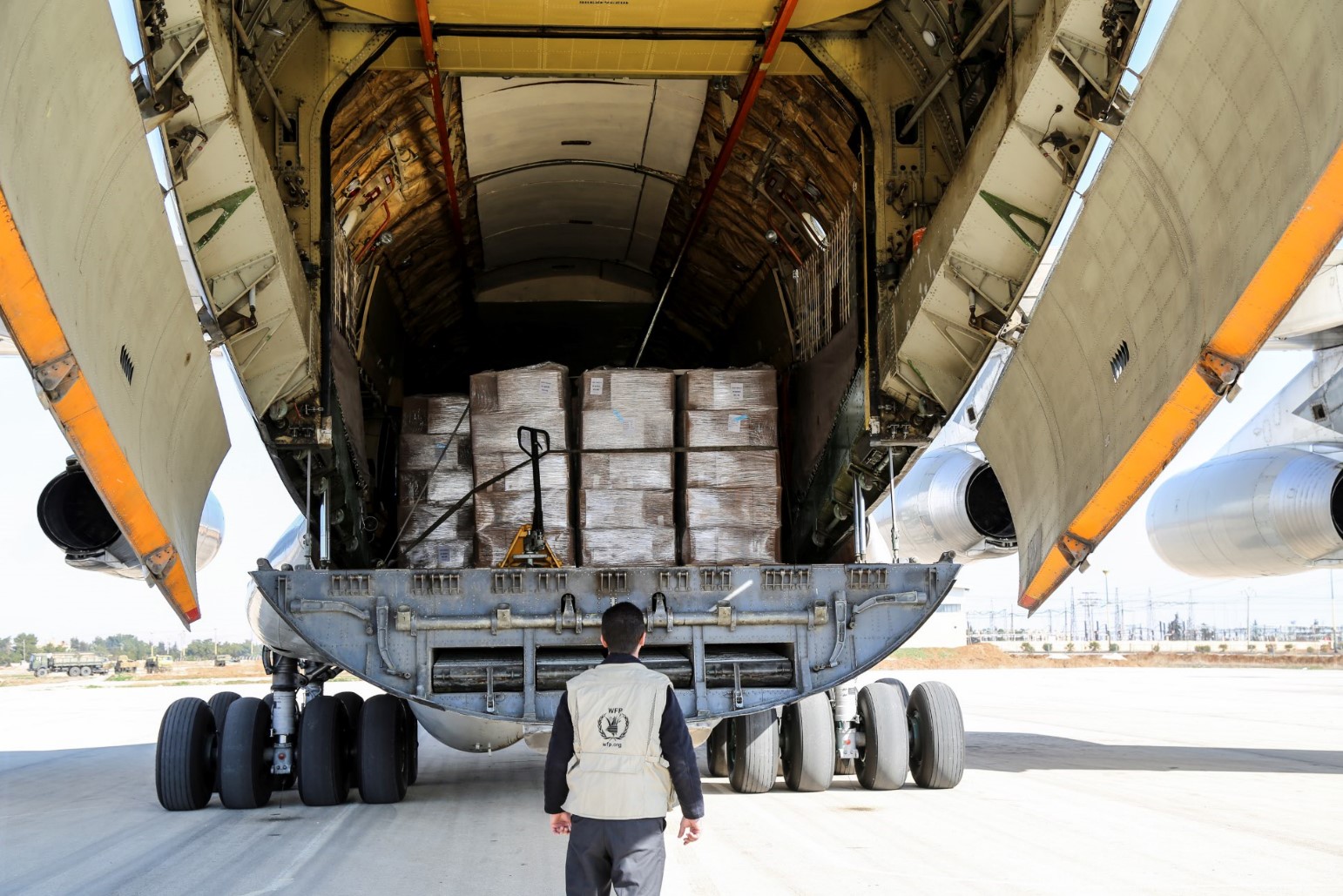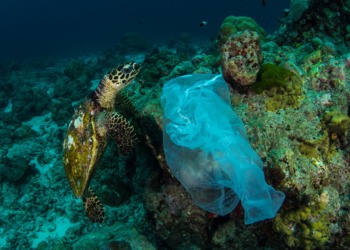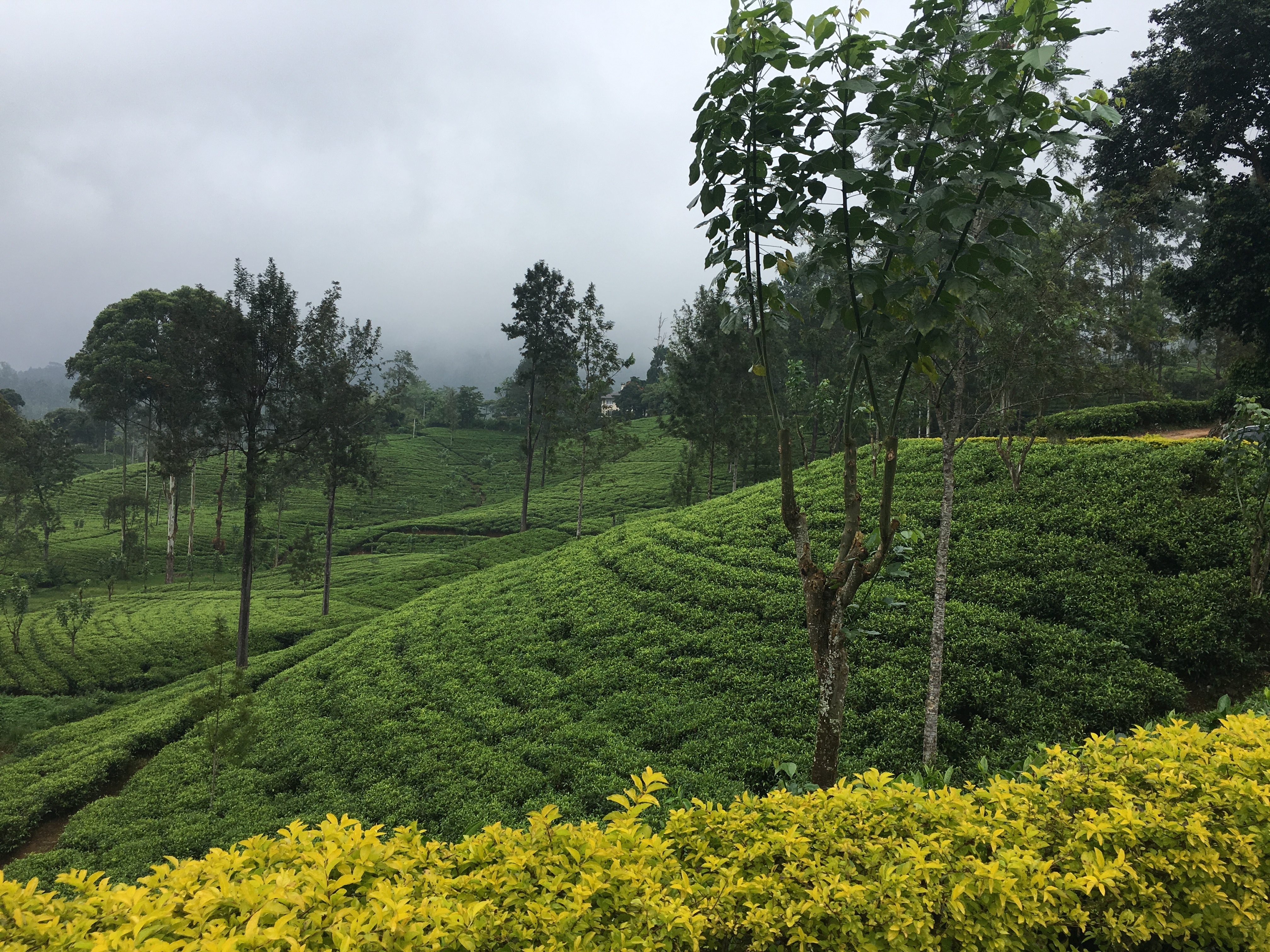The World Food Programme (WFP), the UN’s largest agency fighting hunger in some 80 countries, with an operating budget of $7 billion and 16,000 humanitarians providing food aid to 80 million people, the Director of Private Sector Partnerships: Prerana Issar. A citizen of India, a graduate of two prestigious Indian universities (LSR, Delhi and XLRI, Jamshedpur) and a research associate at INSEAD (2004-5), she started with Unilever in 1997 accumulating increasing HR responsibilities, and joined WFP in 2013 as Chief Human Resources Officer.
I’m very hopeful with the SDGs. First of all, the SDGs have given us a framework to get partners to create solutions
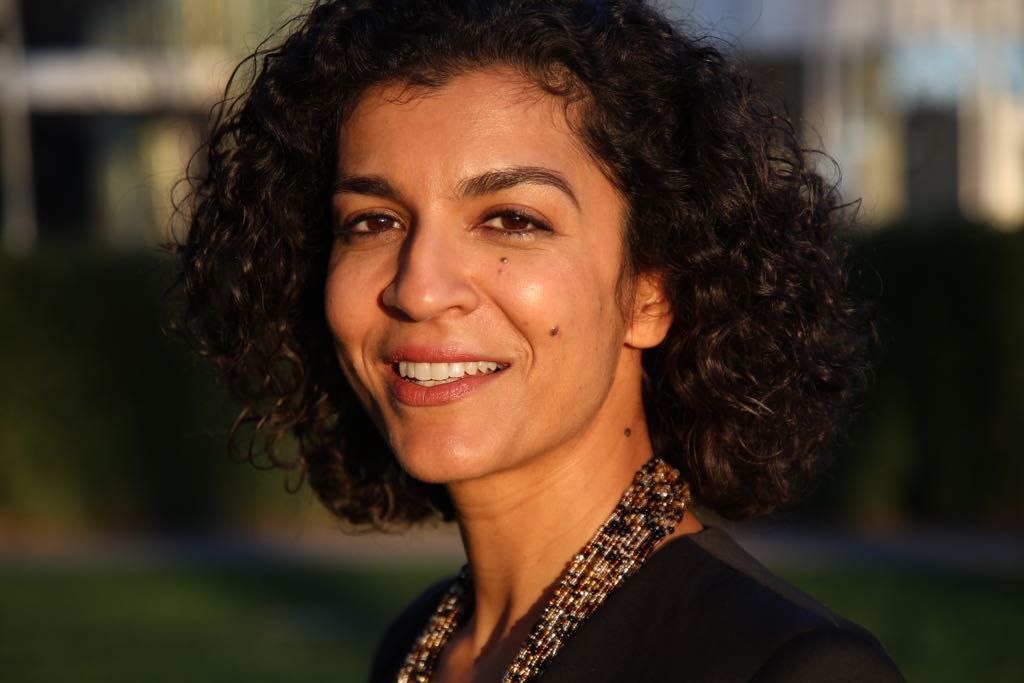
Prerana Issar, in her new role leading Private Sector Partnerships, works with both existing and new WFP partners, seeking to amplify WFP’s collective impact in three strategic priority areas for partnerships with the private sector: (1) Nutrition, (2) Supply chain and retail, and (3) Technology and analytics. At the recent Sustainability Summit 2018 organized by the Economist in London, Prerana Issar took the time to speak to Impakter’s editor about the WFP and her work there. Here are the highlights of the conversation.
Q. As the WFP Director of Private Sector Partnerships, you are in a unique position to push your partners in the direction of achieving sustainability, Agenda 2030 and in particular, SDG#2 zero hunger, which is paramount for WFP. How are partnerships evolving, especially from the Agenda 2030 standpoint?
Great question. And I’m very hopeful with the SDGs. First of all, the SDGs have given us a framework to get partners to create solutions. So our partnerships are evolving. First, the SDGs give us a very good opportunity to interact with partners; second, we are becoming much more needs-based, meaning we are not saying to our partners, “Oh, I have the solution, can you use it? Or I want to access that market, can you help me?” But it’s more: “this is the problem that we all want to solve collectively” and there’s something in it for them.
More importantly there’s a benefit, a solution for the people we serve. And as you know, the people we serve are those that are farthest behind. They’re often not on the radar of some of the companies that we are working with. But we can also provide companies with multiple entry points to solve issues of concern to them. And by this I mean that they can be a humanitarian partner.
They can help by using their technology and expertise to impact positively the quite complex problems that we all face. For instance, companies that partner with us like Nielsen help us to collect and understand data and do food security analysis in far flung regions. This is the sort of work that, even if you’re physically on the ground, would take many, many months before we can get an accurate picture. And with our mobile technology partners, we are now able to get in a matter of days what would have taken months and then to accurately predict where we would need to intervene. So it makes our interventions much more targeted.
Their technology is being used for a purpose that is extremely meaningful to them. It helps strengthen their brand, they are proud of the change that they can make. So I don’t believe that we have to really push our partners in a particular direction. We have a great global platform and then we provide multiple entry points for partners to engage.
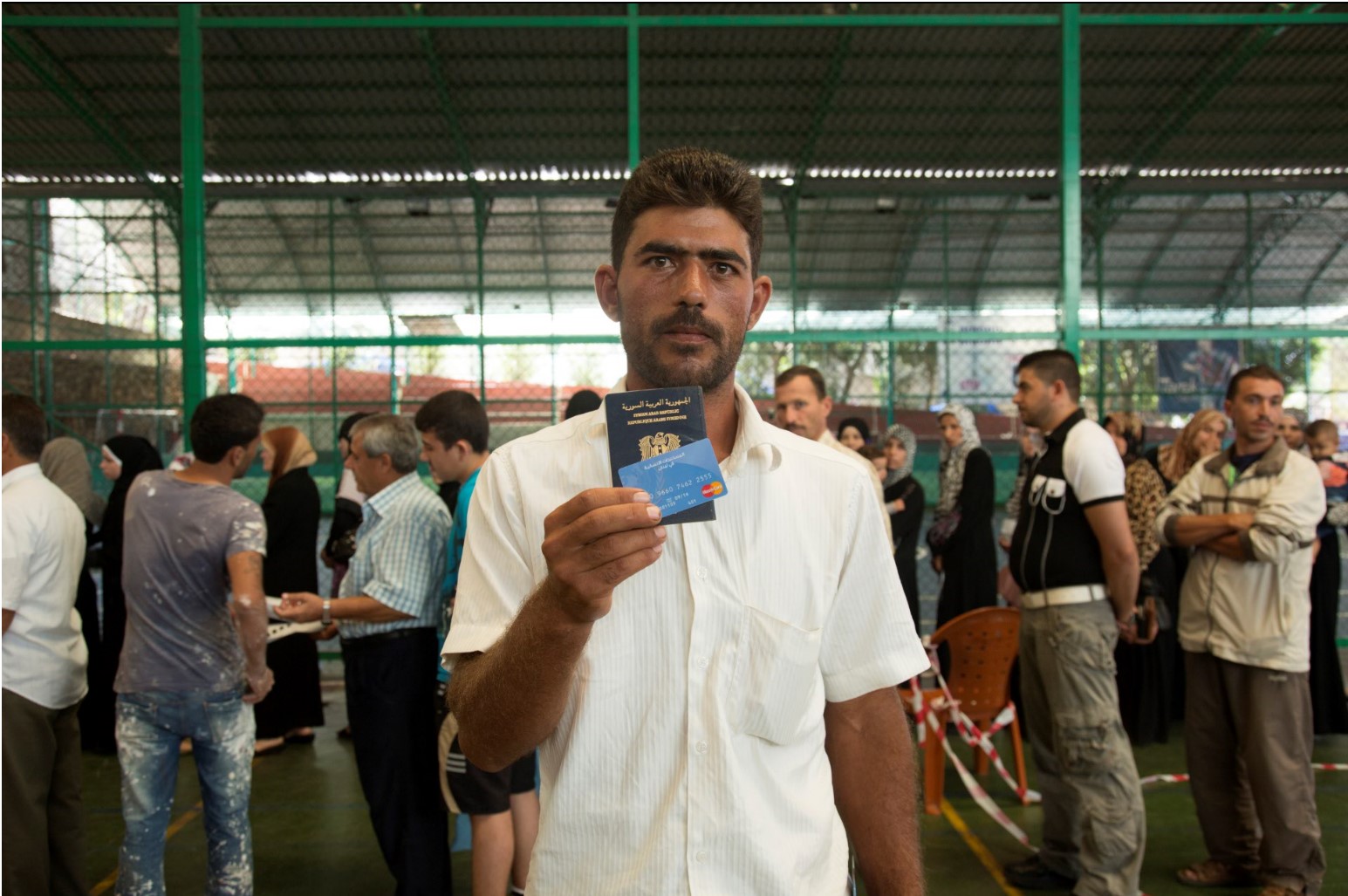
Q. You mentioned the success you have with Nielsen, but I know that others like Mastercard have also brought highly positive support. Could you comment?
Let me share the Mastercard example. One of our flagship partnerships, Mastercard started with WFP over five years ago, trying to find a way to make digital payments for food assistance to refugees in Jordan and Lebanon. They actually helped us start a way in which we’re using cash assistance through debit cards for refugee populations as well as populations who are refugees in the host community. Where there is access to food, there are stores that are available and there’s a financial system running as well. In those cases we are now giving about $1.4 billion dollars of cash assistance for food.
Mastercard has also been supporting school meals programs through fundraising with their own customers, so it’s a customer or consumer-facing program. It’s not a philanthropic budget and this is what makes it far more sustainable because there’s a business benefit for the organization as well as a philanthropic outcome or social outcome for WFP. In July of 2017, they made a commitment to a hundred million school meals. It’s a fantastic success story. And 77 percent of their customers are saying in a recent survey that they prefer using Mastercard rather than another card provider because just by commuting on, say, transport for London using their Mastercard, they are actually feeding a giant school.
And then another useful thing Mastercard does is to let their employees volunteer for four weeks at a time to go to our country offices; we have worked together in more than 10 different missions and projects where we have a methodology for assessing the value of school meals in that economy. And it has been proven that $1 invested in school meals returns between $3 to $10 to that country. A great return on that investment that helps us advocate to the government to continue school meals programs and in fact expand them.
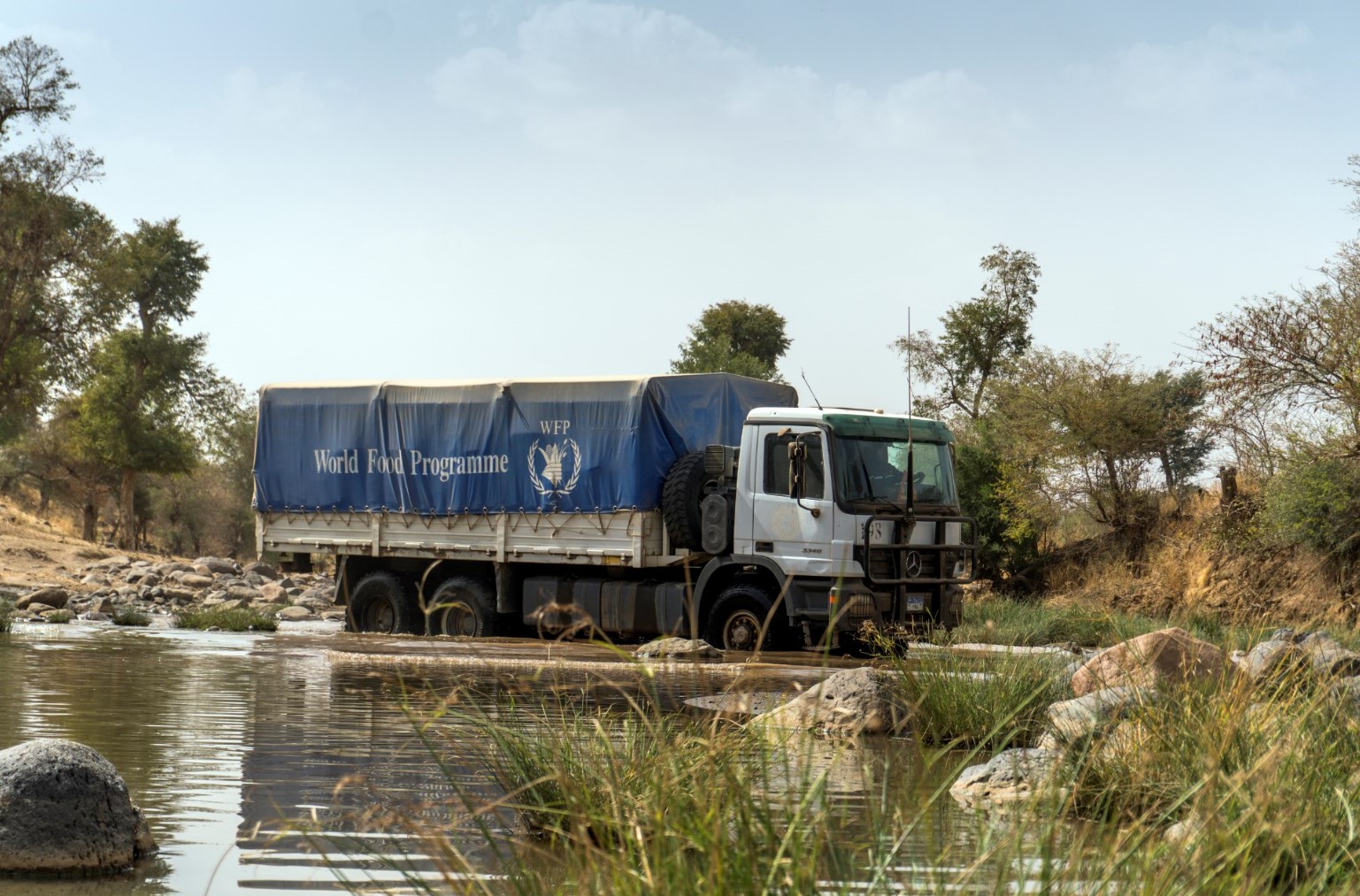
In short, one of the elements of the success with partnership is that it’s not a one off activity. It’s really a journey that two organizations are undertaking towards similar goals and with complementary skills and complementary areas of expertise.
Q. That’s remarkable. Let me turn to another question: WFP has three strategic priorities for partnerships with the private sector: (1) nutrition; (2) supply chain and retail; and (3) technology and analytics. Does this mean you look for leaders in nutrition, supply chain/retail and technology? How does this work in practice?
Regarding nutrition: Food security is really the core of what we do and what we look for are partners who can help us solve some of the intractable issues that we face. For instance, DSM, which is a life sciences company, has helped us improve our food basket and they have been working with us for 10 years. So again, when we started off with a partnership with them, it was about how to put in micro-nutrients into rice in a particular country. And from there, it has now grown where we have targeted nutrition programs for pregnant women, for children under two, for very vulnerable populations, together with DSM. There are several others companies we work with in this field; Kemin is one, Mars and Amcor. What we’ve done is we’ve mapped the elements of the solutions that we need. And then really go out and engage with companies who help us solve some of the nutrition issues.
On supply chain and retail, we partnered with UPS, for instance, in emergencies they offer flights and, and other support. Renault Trucks is helping us with the maintenance of our truck fleet—we have five thousand trucks every day on the road. In retail, it’s companies like Mastercard.
In technology and digital solutions, there are actually several. We work with Palantir, with Google, with Facebook. So there are a number of companies that are helping us to take advantage of their technology, using technological advancements to solve some of our issues on the ground. And this is where companies appreciate us as well. They may have the intention and the commitment to make a difference but they don’t always know how, they’re not present in some of the countries where we are. And that’s where we come in with our access to those kinds of very complex and difficult locations on the planet.
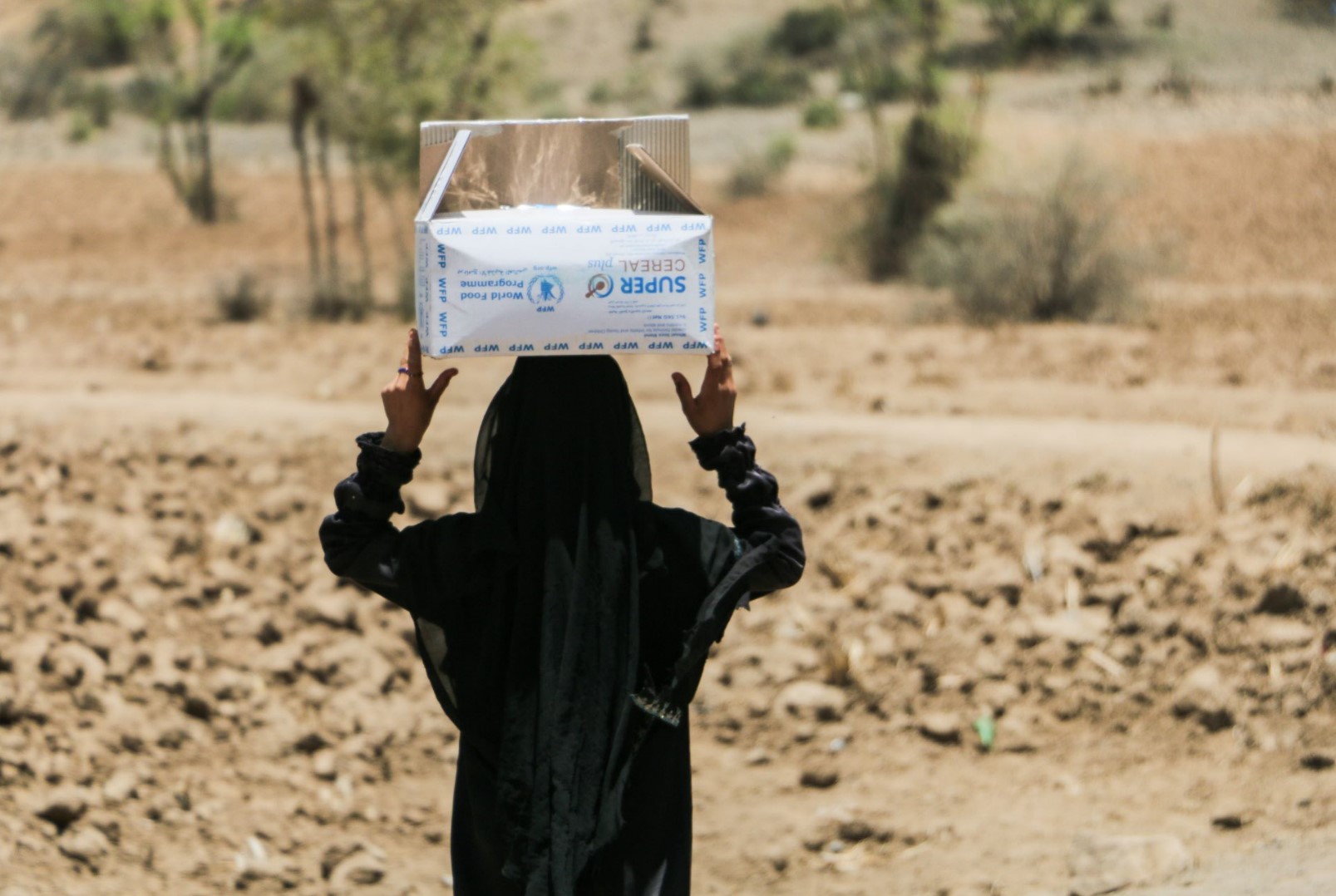
Q. What do you see as the biggest challenges for sustainability? Is the American withdrawal from the Paris Climate Agreement impacting WFP and your work?
The biggest challenge with sustainability, of course, is climate change and when you see our work, whether it’s in conflict situations, protracted conflicts or responding to natural disasters, where we’ve been called upon to respond faster and faster since the cycle of shocks is getting shorter, climate change is the biggest challenge that we face.
And the people who are the most vulnerable are the people who are most impacted by climate change. So my worry is that the more resourced populations, let’s say the U.S. being one of them, can have coping strategies that are not as negative as people who are really the ones who are affected the most. Their coping strategies are basically not being able to eat, and not being able to feed their children, not moving to a city that’s not going to flood. And that’s one challenge that the decision makers, the people with the resources, really are not yet facing because they’re not feeling the impact of climate change. Those are two different things: sustainability as a concept versus sustainability as something that shows up at your doorstep every single day.
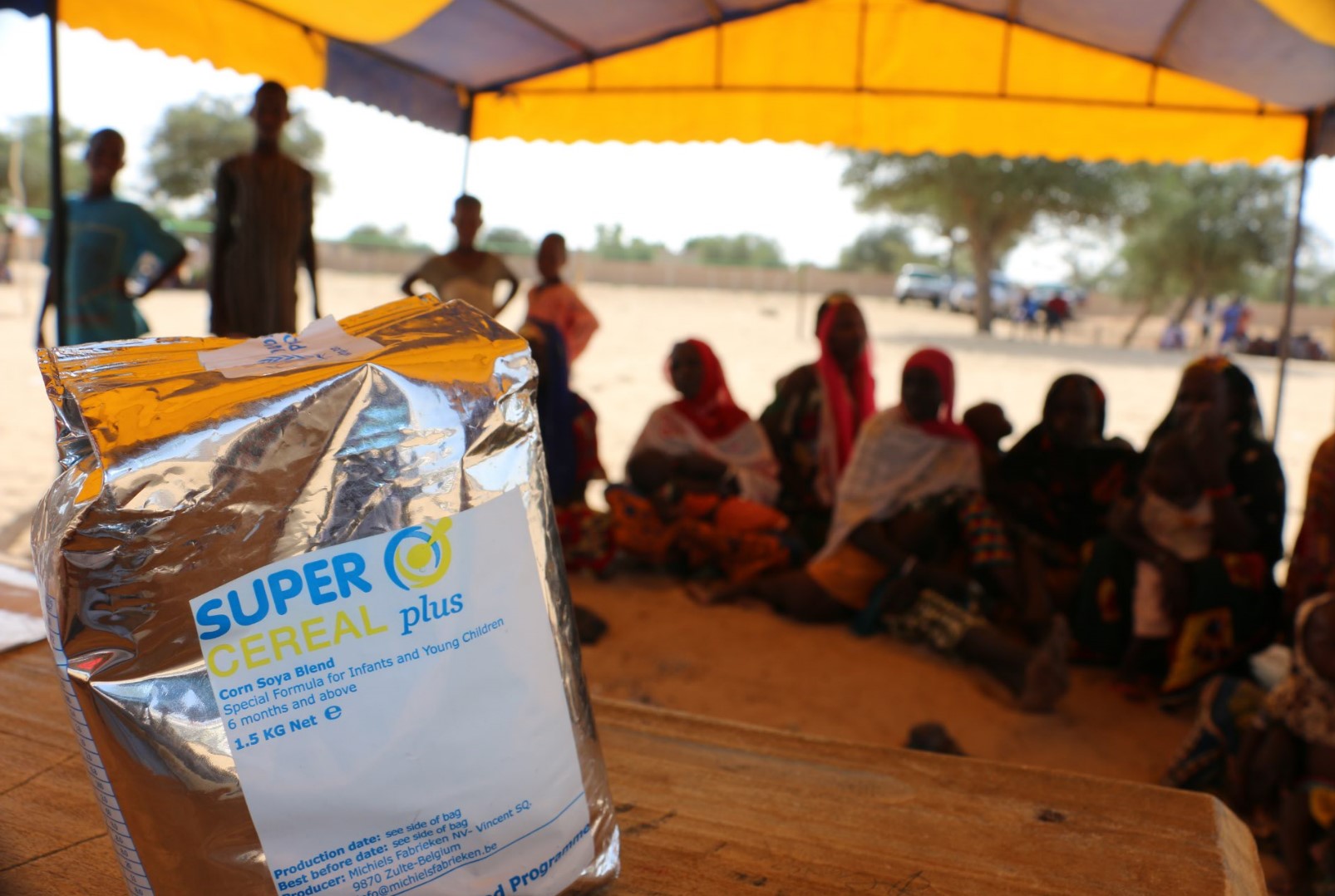
Q. One last question. So what is your take from the Economist Sustainability Summit? Do you see something different, something that’s moving, what are the main innovations?
I’m impressed by the different perspectives gathered in one room. So it’s not one particular way of thinking, it’s not one angle. We have the cities panel in which panel members were coming at the topic from many different perspectives and each member has deep expertise. We looked at the issue of how we would end up all living in cities in the future. One of the challenges of looking at how we will make our planet more sustainable is that we tend to come at it from one perspective. The public sector comes from one particular perspective, the private sector from another. And one of the things I really liked this morning was that it was all about getting the different perspectives in the same conversation.
Editor’s Note: The opinions expressed here by Impakter.com columnists are their own, not those of Impakter.com
The Cover photo Story: Syria, Al-Hasakah Governorate, Qamishli Airport, 04 February 2014:After land access to specific governorates in Syria became impossible due to ISIS control, WFP began flying much-needed food rations into Hassakeh, Deir-Ezzour and Ar-Raqqa governorates. In the photo: WFP staff prepare to offload food rations from an air delivery at Qamishli airport in Hassakeh governorate. — Photo Credit: WFP/Hussam Al Saleh


